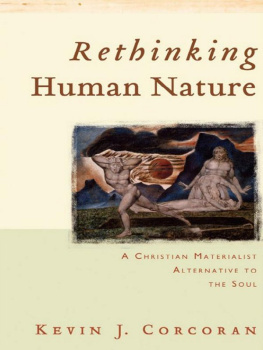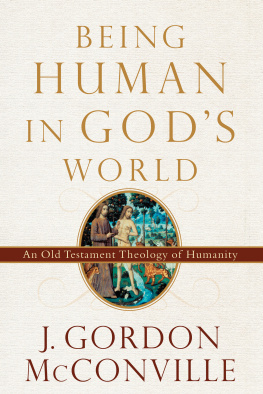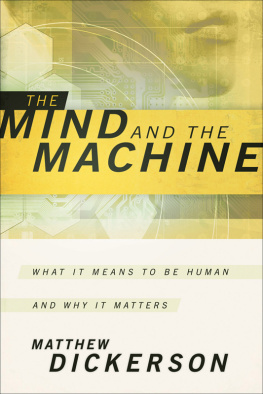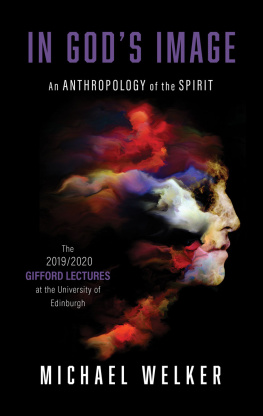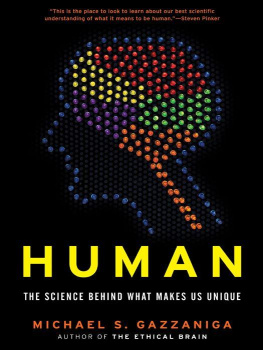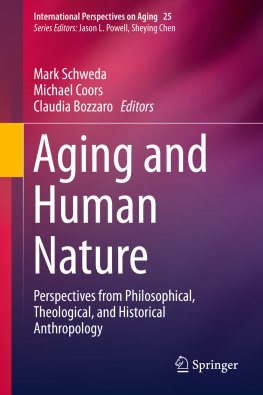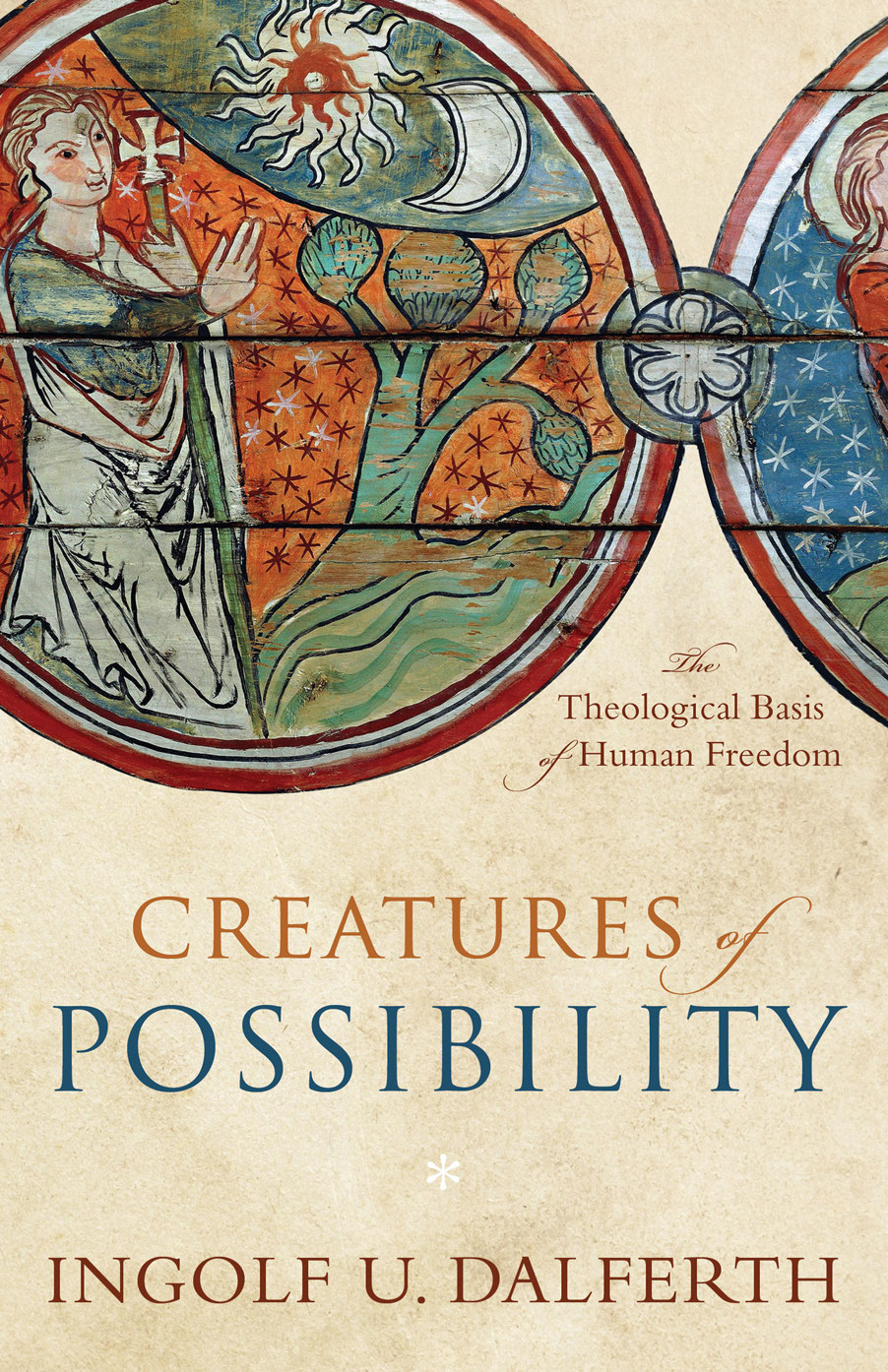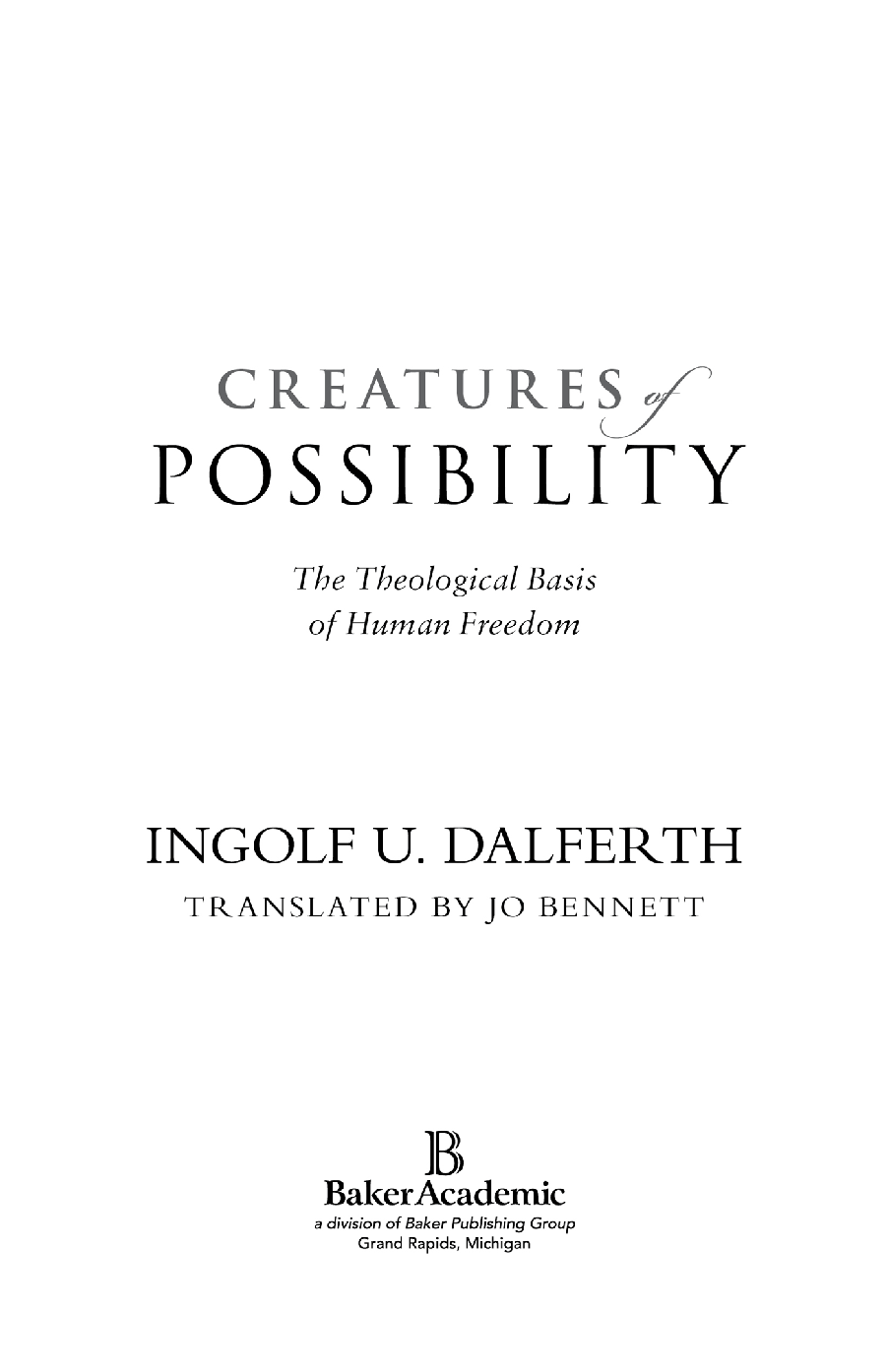Originally published as Umsonst
2011 by J. C. B. Mohr (Paul Siebeck), Tbingen. All rights reserved.
English translation 2016 by Ingolf U. Dalferth
Published by Baker Academic
a division of Baker Publishing Group
P.O. Box 6287, Grand Rapids, MI 49516-6287
www.bakeracademic.com
Ebook edition created 2016
All rights reserved. No part of this publication may be reproduced, stored in a retrieval system, or transmitted in any form or by any meansfor example, electronic, photocopy, recordingwithout the prior written permission of the publisher. The only exception is brief quotations in printed reviews.
Library of Congress Cataloging-in-Publication Data is on file at the Library of Congress, Washington, DC.
ISBN 978-1-4934-0586-2
Scripture quotations labeled NASB are from the New American Standard Bible, copyright 1960, 1962, 1963, 1968, 1971, 1972, 1973, 1975, 1977, 1995 by The Lockman Foundation. Used by permission. (www.Lockman.org)
Scripture quotations labeled NIV are from the Holy Bible, New International Version. NIV. Copyright 1973, 1978, 1984, 2011 by Biblica, Inc. Used by permission of Zondervan. All rights reserved worldwide. www.zondervan.com
To Hans Weder
Contents
Cover i
Title Page iii
Copyright Page iv
Dedication v
Preface to the 2016 English Edition ix
Preface to the 2011 German Edition xix
Abbreviations xxiii
1. From Deficient Being to Beings of Possibility: An Introduction 1
2. Of Humanity and God: The Perspective of Reason and the Wider Perspective of Faith 9
3. Mere Passive: The Passivity of Gift in Luthers Theology 44
4. All for Nothing: On the Art of Giving and the Limitations of Gift 80
5. Self-Offering: From the Act of Violence to the Passion of Love 115
6. Becoming Human: Compensation for a Deficiency or Excess of Love? 139
7. Creative Passivity: The Self-Belittlement of Human Beings 165
Author Index 205
Scripture Index 207
Subject Index 209
Back Cover 217
Preface to the 2016 English Edition
1. Creatures of Possibility
This book is the first of a series of studies I have written in recent years on questions of human life and existence.1 It reconsiders the widely accepted thesis that human beings are what they are because they have to compensate for the many deficiencies of their biological nature through cultural artifacts such as technology, morality, and religion. There is no doubt a considerable amount of truth in this observation. But this is not the only way to read the evidence.
My proposal is to look at humans not as deficient beings but as creatures of possibilitycreatures because I seek to understand them from a theological perspective, and creatures of possibility because we are creatures in the making whose actual becoming depends on possibilities beyond our control that occur in our lives as opportunities and chances that we can neglect and miss or take up and use. We are empowered and enriched, or disappointed and deprived, by the possibilities that break into our life and become opportunities for us to change for the better (positive opportunities) or for the worse (negative opportunities). It is only by relating to the possibilities played into our way that those possibilities become chances we can choose. But we would have no chances to choose from if there were no possibilities occurring in our lives in the first place. We are free because we can and must choose (freedom of choice) and act (freedom of action) in order to live a human life. And we are autonomous because we can and ought to determine the mode of our choosing and the way of our acting in moral terms (freedom as autonomy) if we want to live our human life together with others in a human way. But in all those senses our freedom depends on conditions that are beyond our control: we can choose and act and determine ourselves only against the backdrop of a basic passivity that characterizes our life and cannot be replaced or undone by anything we can do.
2. Freedom as Practice
Human freedom is not a capacity but a practice. Capacities are dispositional possibilities or potentialities: we can be x or do , and under the right circumstances we are x or do . Freedom is not a capacity in this sense. It is possible that we are free, but we do not have a capacity to be free. We are not free unless we practice our freedom, and we do not possess a capacity to be free whether we practice it or not. Rather, to be free is to practice ones freedom, and not to practice it is not to be freewhether we are hindered by circumstances or others, or because we fail to do it for other reasons.
When we practice freedom, we may or may not notice it. Not every choice is a conscious choice, and not every act is a conscious deed. The practice of freedom does not depend on knowing about or consenting to it. But when we are prevented from performing activities like going for a walk, or choosing, deciding, acting, thinking, or determining a way of living for ourselves, we cannot help but realize that our freedom also disappears. The cases are different, but the result is the same. Our freedom of choice withers away if there are no options from which we can choose, and our freedom of action dissolves if we are hindered from performing the relevant activities.
However, we cannot always blame others when we fail to practice freedom. Failures of autonomy can never be due to others, only to ourselves. We may be forced to commit an atrocity that we detest, but we cannot be forced to believe that something we know to be evil is good, or to determine ourselves in a way that contradicts the way we want to determine ourselves. If to be truly free is to be in control of the outcomes, then only God2 is completely free, as Luther rightly insisted in opposition to Erasmus, and we are truly free only where we determine ourselves to choose and act in accordance with the maxim of the good will, as Kant secularized this insight. Only here are we in complete control of the outcomes and not dependent on the availability of options or on the availability of the occasion to act. If moral self-determination fails, it is due to us and not the fault of anybody else. Autonomy is an activity that cannot fail to achieve its endif we practice it.
3. Passivity
The focus on activity in the discourse and practice of freedom has given passivity a bad name in mainstream Western culture.3 Freedom is tied to activity, and those who cherish freedom often feel that they have to turn their back on passivity. As a whole industry keeps reminding us, in order to enhance our lives we must overcome passivity, step up our activities, and take matters into our own hands. In our culture, to be active is good, and to be passive is a deficiency to be overcome.
This book seeks to set the record straight. Christian theology has always resisted a one-sided focus on activity. The creative center of human life is not activity but passivity. Most of what we are we do not owe to ourselves. Our Dasein (existence) is not of our own making; our Sosein (existing in a particular way) is only in small part the result of what we do; and our Wahrsein (existing in the right way) does not result from what we do, but rather from something that befalls us (if it does). We are made true, if we are, but we cannot make ourselves true, because we cannot step outside of ourselves and redo what has gone wrong. From beginning to end, and with respect to our Dasein, Sosein, and Wahrsein, our lives are molded by passivity. There is so much that happens to us and so little that we make happen. Before I can act as a self, I must become a self, and while I cannot be a self without acting, I cannot become a self by acting. In order to be able to live and act as an I in the nominative, I must first become a me in the dative (as in to me), as recent phenomenology reminds us. A primal passivity precedes all our activity. Before we can give, we must be a given, and before we can act, we must be an actuality.


